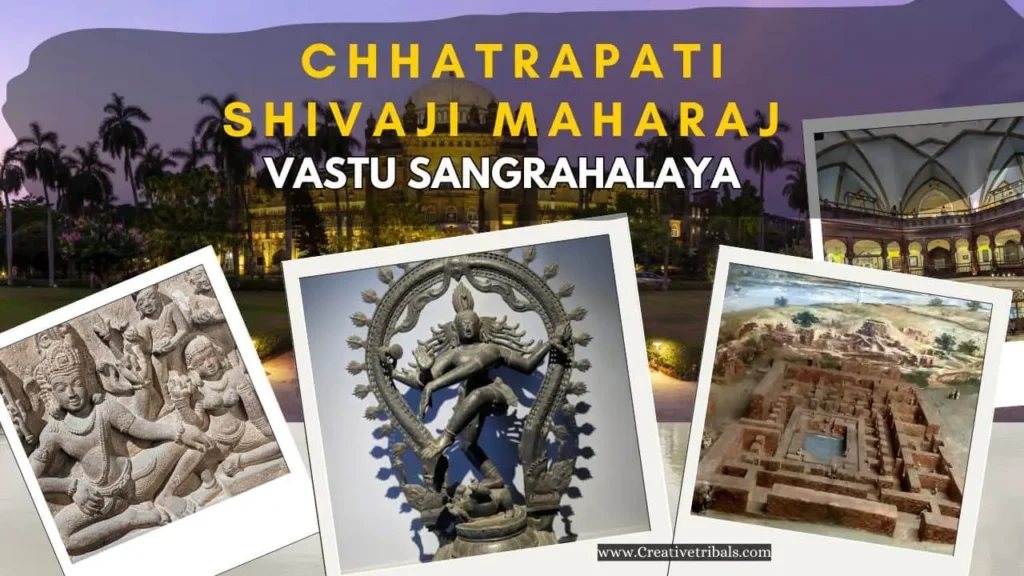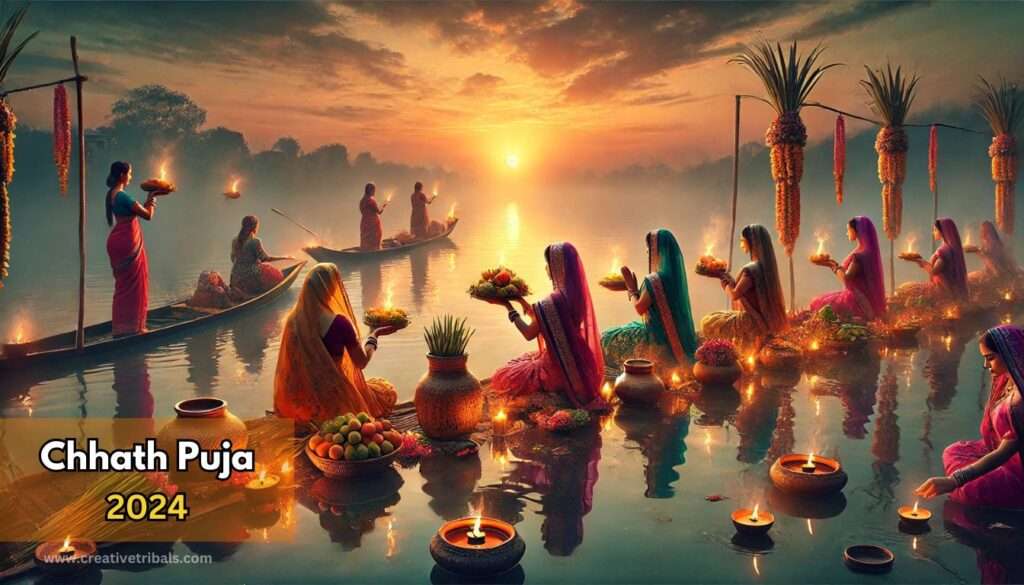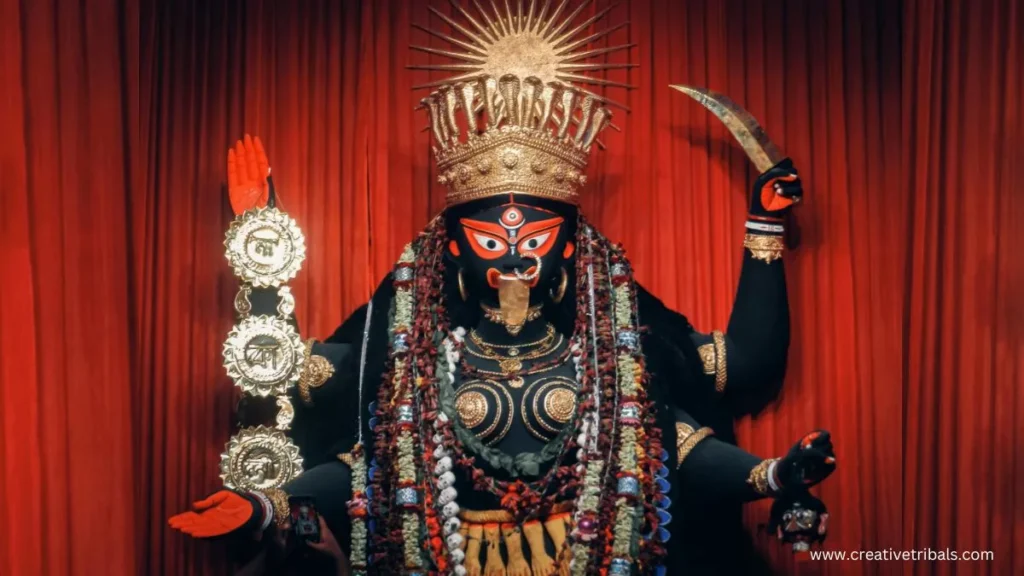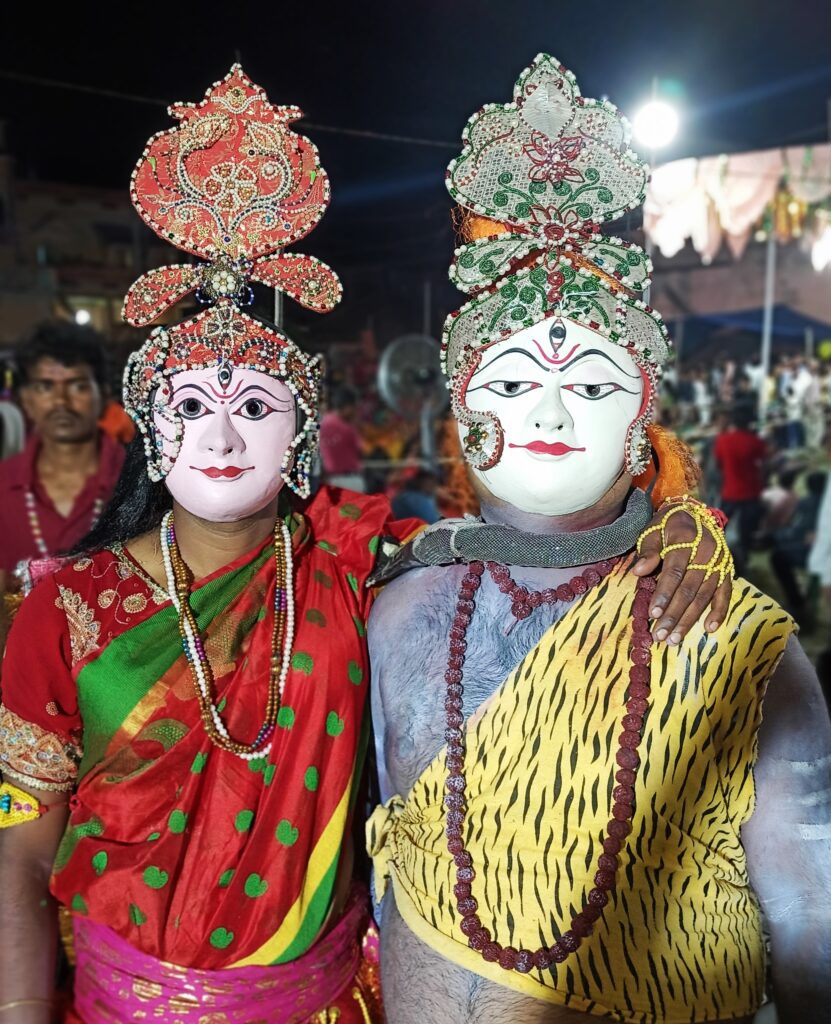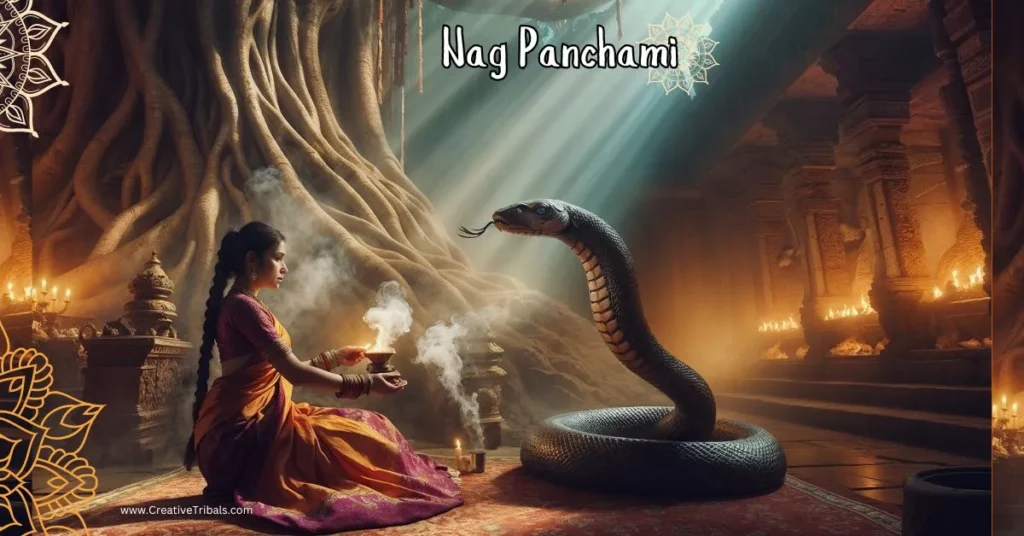
Nag Panchami, a festival dedicated to the worship of snakes, is a special occasion that holds profound spiritual significance. Observed on the fifth day of the bright half of the lunar month of Shravan, Nag Panchami is celebrated with rituals that date back centuries, deeply rooted in the cultural and religious fabric of Hinduism. This festival is not just about appeasing the serpents but also about seeking divine intervention to resolve life’s blockages and the much-feared Kaal Sarp Dosh.
Understanding Nag Panchami
Nag Panchami is a day when devotees worship the serpent deities, seeking their blessings for protection, prosperity, and relief from the malefic effects of Kaal Sarp Dosh. The festival is marked by various rituals, including offering milk, flowers, and prayers to images or idols of snakes. These rituals are believed to appease the snake gods and garner their favor, ensuring safety from snake bites and other forms of harm associated with these revered creatures.
The Spiritual Significance of Snakes
Across various cultures and religions, snakes have been both revered and feared. In Hindu mythology, snakes are associated with divine qualities and are often depicted as guardians of treasures and protectors of sacred spaces. The most well-known snake deity in Hinduism is Sheshnag, the king of all serpents, who forms the bed for Lord Vishnu. This depiction symbolizes the intertwining of the earthly and the divine, highlighting the unique spiritual position that snakes hold.
Kaal Sarp Dosh: The Cosmic Curse
Kaal Sarp Dosh is a significant astrological condition in Hindu astrology, where all the planets are hemmed between Rahu (the serpent’s head) and Ketu (the serpent’s tail). This alignment is believed to bring various misfortunes, creating obstacles in personal and professional life. Individuals with Kaal Sarp Dosh often feel stuck, unable to progress despite their efforts. The dosh is said to bring mental unrest, financial difficulties, health issues, and disrupted family life.
Snakes as Spiritual Guides
Despite the fear and caution surrounding snakes, they are considered powerful spiritual guides. In many ancient cultures, snakes are symbols of rebirth, transformation, and healing. The shedding of their skin is seen as a metaphor for renewal and growth. In the context of Kaal Sarp Dosh, connecting with the energy of snakes is believed to facilitate the release from the cyclic patterns of misfortune and stagnation.
Rituals and Remedies on Nag Panchami
Preparation and Worship
On Nag Panchami, devotees clean their homes and prepare special offerings for the snake deities. Milk, rice, flowers, and incense are placed near images or idols of snakes. Some even visit temples dedicated to snake gods or anthills where snakes reside. Chanting mantras and reciting prayers dedicated to Lord Shiva, who is often depicted with snakes, is a common practice.
Creating a Nag Yantra
A Nag Yantra, a mystical diagram representing the energy of serpents, can be used as a powerful tool for those suffering from Kaal Sarp Dosh. This yantra can be drawn on a piece of paper or printed out. Devotees then perform the Nag Mudra, a specific hand gesture, in front of the yantra while focusing on their prayers and intentions.
Engaging with the Yantra
To make the most of the Nag Yantra, one must engage with it sincerely. This involves speaking to the yantra as if conversing with a trusted friend, sharing one’s troubles and seeking guidance. The idea is to form a connection with the divine energy of the snakes, which can help break the cycle of Kaal Sarp Dosh and bring about positive changes in life.
The Role of Garuda in Snake Worship
Garuda, the mythological eagle and the enemy of snakes, plays an important role in the rituals associated with Nag Panchami. In tantric practices, a Garuda yantra or statue is prepared and kept hidden as a protective measure. This is to ensure that if the energy of the snakes becomes overwhelming, the power of Garuda can be invoked to restore balance.
Personal Experiences and Anecdotes
Throughout history, there have been numerous accounts of people encountering snakes during religious ceremonies without harm. These instances are often interpreted as blessings from the divine, reaffirming the belief in the protective and spiritual power of snakes. Many believe that establishing a respectful relationship with these creatures can lead to spiritual growth and protection from negative influences.
नाग देवता सहस्रनामावली PDF
Download PDF of Nag Devta Sahastra Namavali Hindi
॥ नाग देवता सहस्रनामावली ॥ ॐ अंशवे नमः। ॐ अकलयाय नमः। ॐ अकल्मषाय नमः। ॐ अकारादिहकारान्ताय नमः। ॐ अकाराय नमः। ॐ अक्षराय नमः। ॐ अक्षोभ्याय नमः। ॐ अग्नये नमः। ॐ अग्निज्वालाय नमः। ॐ अग्निनेत्राय नमः। ॐ अग्निवपुषे नमः। ॐ अग्रण्याय नमः। ॐ अघनाशिने नमः। ॐ अघर्षणयाय नमः। ॐ अघशत्रवे नमः। ॐ अघहारिणे नमः। ॐ अघोरवीर्याय..
Why Naga Panchami Has Receded in Importance by Sadhguru Jaggi Vasudev
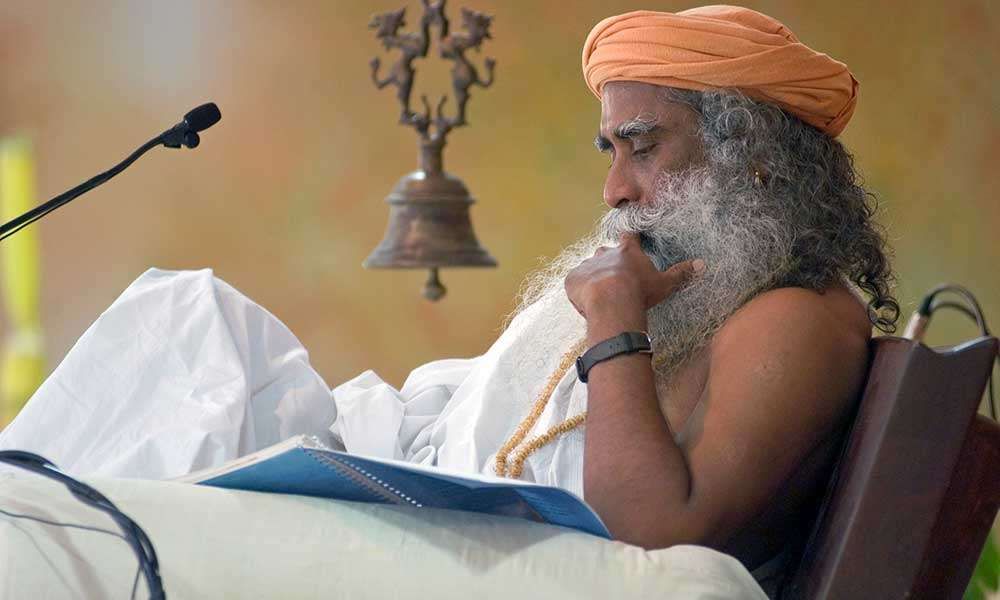

FAQs
What is Kaal Sarp Dosh?
Kaal Sarp Dosh is an astrological condition where all planets are positioned between Rahu and Ketu, believed to bring misfortune and obstacles in life.
How can Nag Panchami help with Kaal Sarp Dosh?
Nag Panchami rituals involve the worship of snake deities, which is believed to appease the cosmic energies and alleviate the negative effects of Kaal Sarp Dosh.
What is a Nag Yantra?
A Nag Yantra is a mystical diagram representing the energy of serpents, used in rituals to connect with snake deities and seek their blessings.
Why is Garuda significant in snake worship?
Garuda, the mythological eagle and enemy of snakes, is invoked in rituals to control and balance the powerful energy of the snakes if it becomes overwhelming.
Can snakes bring spiritual benefits?
Yes, snakes are seen as powerful spiritual guides, symbolizing rebirth, transformation, and healing, and can aid in spiritual growth and breaking negative cycles.
What are common offerings on Nag Panchami?
Common offerings include milk, rice, flowers, and incense, placed near images or idols of snakes to seek their blessings and protection.



